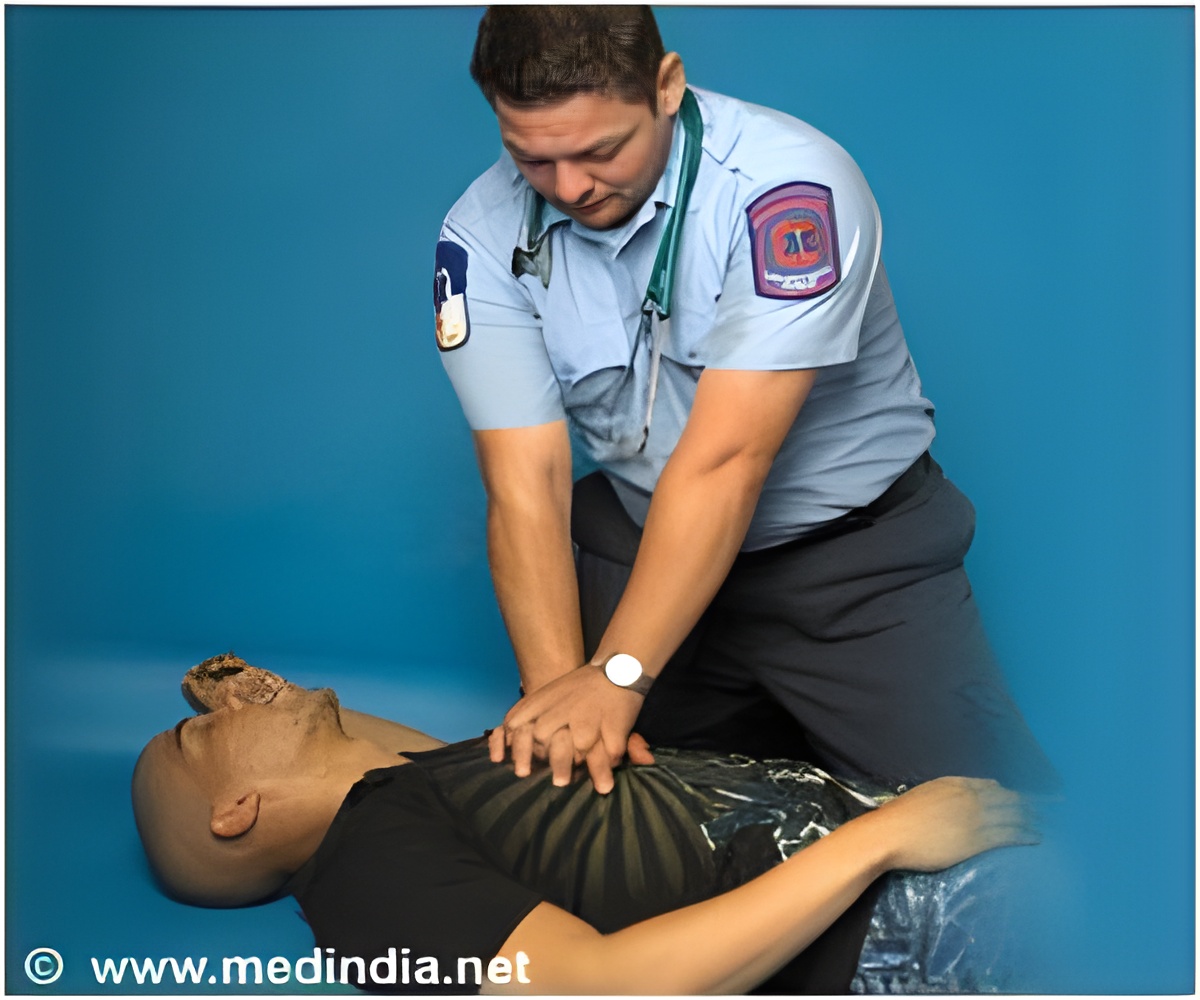The second cause of death worldwide is stroke. Atrial fibrillation is the most common clinically relevant cardiac arrhythmia in Europe, affecting approximately 1.5-2% of the general population.

Patients with atrial fibrillation have a five-fold increased risk of ischaemic stroke even though around 30% have no symptoms. As blood is less adequately shifted from the heart during atrial fibrillation, blood clots can form and cause large ischaemic strokes. Strokes that occur in association with atrial fibrillation are often fatal, and survivors are left more disabled and at a high risk of a recurrent stroke.
Dr Svennberg said: "There is hope, however, as oral anticoagulant medication reduces the risk of atrial fibrillation related stroke by 64-70%. But more than 50% of high-risk patients with atrial fibrillation do not receive any treatment. We are looking at an epidemic of atrial fibrillation related strokes if nothing is done to improve treatment levels."
The STROKESTOP trial is a mass screening programme of all 75-76 year olds in Stockholm County and Region Halland in Sweden. It aims to identify patients with undiagnosed atrial fibrillation and find out if oral anticoagulation (OAC) therapy reduces their risk of ischaemic stroke.
For the trial, more than 25,000 people born in 1936 and 1937 were randomised 1:1 to screening for atrial fibrillation or a control group. Screening is done at home with a handheld ECG device and takes 1 minute per day for 2 weeks. When atrial fibrillation is diagnosed, patients are offered OAC treatment. Both screening and control groups will be followed prospectively for 5 years for thromboembolic events, bleeding and mortality.
Preliminary results from STROKESTOP are presented today. A year into the trial, 6,496 (50%) of the 13,000 inhabitants in the screening arm agreed to screening for atrial fibrillation. A lower proportion of patients agreed to screening in Stockholm (49%) than in rural areas (65%). Dr Svennberg said: "We will investigate factors related to participation, in an effort to increase uptake."
Advertisement
Dr Svennberg said: "We found that 5% of patients in the screening arm had untreated atrial fibrillation. We successfully started oral anticoagulation treatment in more than 90% of the patients with newly diagnosed atrial fibrillation. This should reduce their risk of a stroke by up to 70%. We are still collecting data on patients with known atrial fibrillation but not on OAC."
Advertisement
Source-Eurekalert













